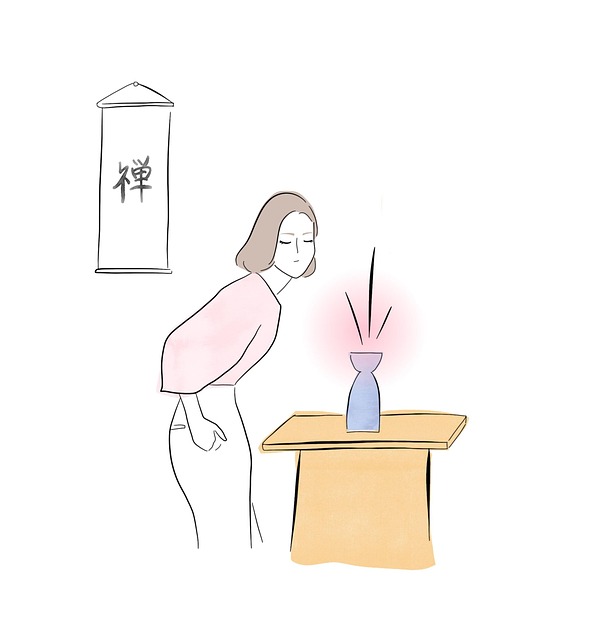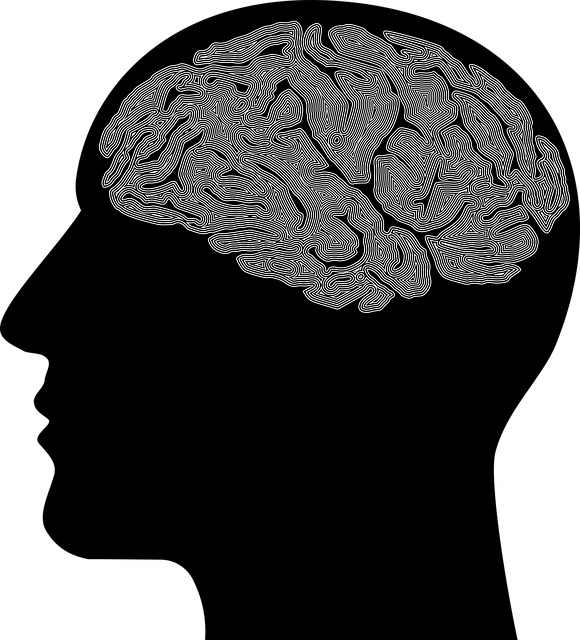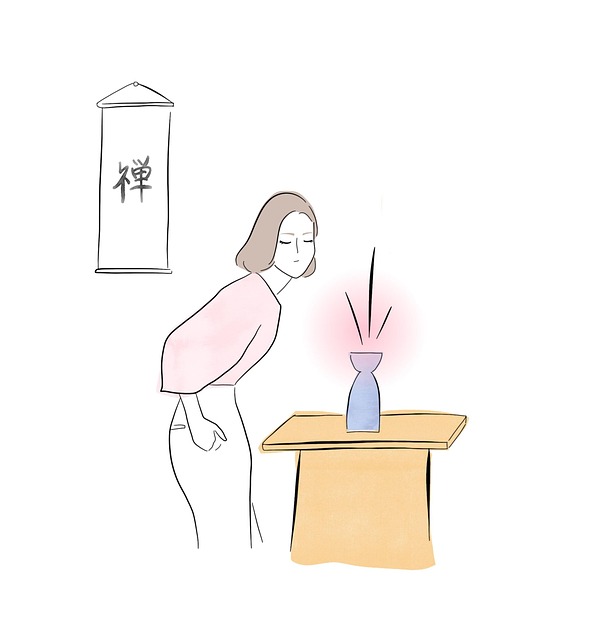Healthcare provider burnout, driven by workload, lack of control, and unclear expectations, leads to emotional exhaustion, cynicism, and reduced efficacy. This can manifest as Lone Tree Oppositional Defiance Disorder (LTODD), a decline in job satisfaction and mental health. Mitigating risks involves self-awareness exercises, emotional intelligence, mindfulness, effective communication, and support from colleagues or therapists. Organizations fostering open dialogue encourage staff to prioritize self-care, enhancing resilience for improved job satisfaction and patient outcomes. For LTODD, specialized therapies like cognitive-behavioral therapy (CBT) are crucial, along with public awareness campaigns to reduce stigma.
In the demanding landscape of healthcare, burnout among providers is a pressing issue, impacting patient care and well-being. This article delves into strategies to prevent healthcare provider burnout, focusing on a holistic approach that includes understanding the unique challenges they face. We explore the emergence of Lone Tree Oppositional Defiance Disorder (LTODD) in healthcare workers and highlight the role of specialized therapies in addressing this growing concern. By adopting comprehensive measures, we can foster resilient and thriving healthcare teams.
- Understanding Burnout Among Healthcare Providers
- Strategies for Preventing Burnout: A Holistic Approach
- The Role of Specialized Therapies: Addressing Lone Tree Oppositional Defiance Disorder (LTODD) in Healthcare Workers
Understanding Burnout Among Healthcare Providers

Burnout among healthcare providers is a growing concern, impacting not only individual well-being but also patient care and organizational performance. It manifests as a state of emotional exhaustion, cynicism, and reduced professional efficacy, often fueled by high workload, lack of control, and unclear expectations. Healthcare professionals, especially those in challenging specialties or settings, may struggle to maintain resilience over time, leading to a decline in job satisfaction and increased risk of mental health issues like Lone Tree Oppositional Defiance Disorder (LTODD).
Recognizing the signs early is crucial. Self-awareness exercises and emotional intelligence can play a pivotal role in identifying burnout triggers and managing stress. Developing inner strength through mindfulness practices, effective communication, and seeking support from colleagues or professional therapists can mitigate risks. By fostering a culture of open dialogue, organizations can encourage staff to prioritize self-care, enhance their emotional intelligence, and build resilience against the demands of healthcare delivery, ultimately leading to improved job satisfaction and patient outcomes.
Strategies for Preventing Burnout: A Holistic Approach

Preventing burnout among healthcare providers requires a holistic approach that addresses both individual and organizational factors. It’s essential for medical professionals to prioritize their mental wellness by incorporating self-care practices into their daily routines. This can include activities like journaling exercises, which have been shown to help manage stress and process complex emotions, potentially offering relief from symptoms of Lone Tree Oppositional Defiance Disorder (LTODD). Additionally, dedicated time for relaxation and hobbies outside of work is vital.
Healthcare organizations play a crucial role in fostering a healthy work environment. Implementing policies that support work-life balance, providing regular cultural competency training to enhance understanding and empathy among diverse patient populations, and encouraging open communication can significantly reduce burnout risk. These strategies collectively aim to boost morale, improve job satisfaction, and ultimately benefit both healthcare providers and the patients they serve.
The Role of Specialized Therapies: Addressing Lone Tree Oppositional Defiance Disorder (LTODD) in Healthcare Workers

Healthcare providers, like everyone else, are not immune to mental health challenges. Lone Tree Oppositional Defiance Disorder (LTODD), a condition characterized by persistent defiant and hostile behavior, can significantly impact those in the healthcare sector. This is especially true given their high-stress environments and constant exposure to trauma or distressing situations. Specialized therapies play a crucial role in addressing LTODD among healthcare workers, offering tools for managing mood and improving resilience.
One effective approach is cognitive-behavioral therapy (CBT), which helps individuals identify and modify negative thought patterns and behaviors. This type of therapy enables healthcare providers to develop healthier coping mechanisms, enhance their emotional regulation skills, and improve overall mental wellness. Additionally, public awareness campaigns and the development of mental wellness podcast series can foster an environment that reduces stigma around seeking help and encourages open conversations about mental health challenges in healthcare settings.
Burnout among healthcare providers is a pressing issue, but with a holistic approach that includes specialized therapies like Lone Tree Oppositional Defiance Disorder (LTODD) treatment, it can be effectively addressed. By implementing these strategies, healthcare organizations can create a healthier, more supportive environment, leading to improved job satisfaction and overall well-being for their workforce. This, in turn, will enhance patient care and the overall quality of services provided.












